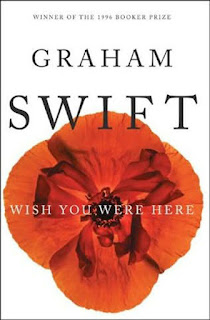Over at Grantland, Michael Schur contends that the reason Red Sox Nation loves Youkilis so much is because he was "kind of a dick." In a good way.
Fair enough.
But a simpler explanation is that, like two other favorites who are no longer with the Red Sox, Jason Varitek and Jonathan Papelon, Youkilis had never played for any other major league team. He was Red Sox, through and through.
The team is getting dangerously short on players who have been with the team since their rookie season. On the active roster, the list is as follows: Felix Doubront, Jon Lester, Will Middlebrooks, Dustin Pedroia, Ryan Kalish, and Daniel Nava. And Kalish and Nava are just holding down the fort until Ellsbury and Crawford return (Ellsbury, of course, has also been with the team since his rookie year).
That's a pretty small core of homegrown players -- and its no coincidence that they are the ones we pay attention and care about -- even if Lester can be pretty damn frustrating at times. Here's hoping that Red Sox management will hold on to them, instead of trading them away for the next "can't miss" superstar.
Fair enough.
But a simpler explanation is that, like two other favorites who are no longer with the Red Sox, Jason Varitek and Jonathan Papelon, Youkilis had never played for any other major league team. He was Red Sox, through and through.
The team is getting dangerously short on players who have been with the team since their rookie season. On the active roster, the list is as follows: Felix Doubront, Jon Lester, Will Middlebrooks, Dustin Pedroia, Ryan Kalish, and Daniel Nava. And Kalish and Nava are just holding down the fort until Ellsbury and Crawford return (Ellsbury, of course, has also been with the team since his rookie year).
That's a pretty small core of homegrown players -- and its no coincidence that they are the ones we pay attention and care about -- even if Lester can be pretty damn frustrating at times. Here's hoping that Red Sox management will hold on to them, instead of trading them away for the next "can't miss" superstar.




